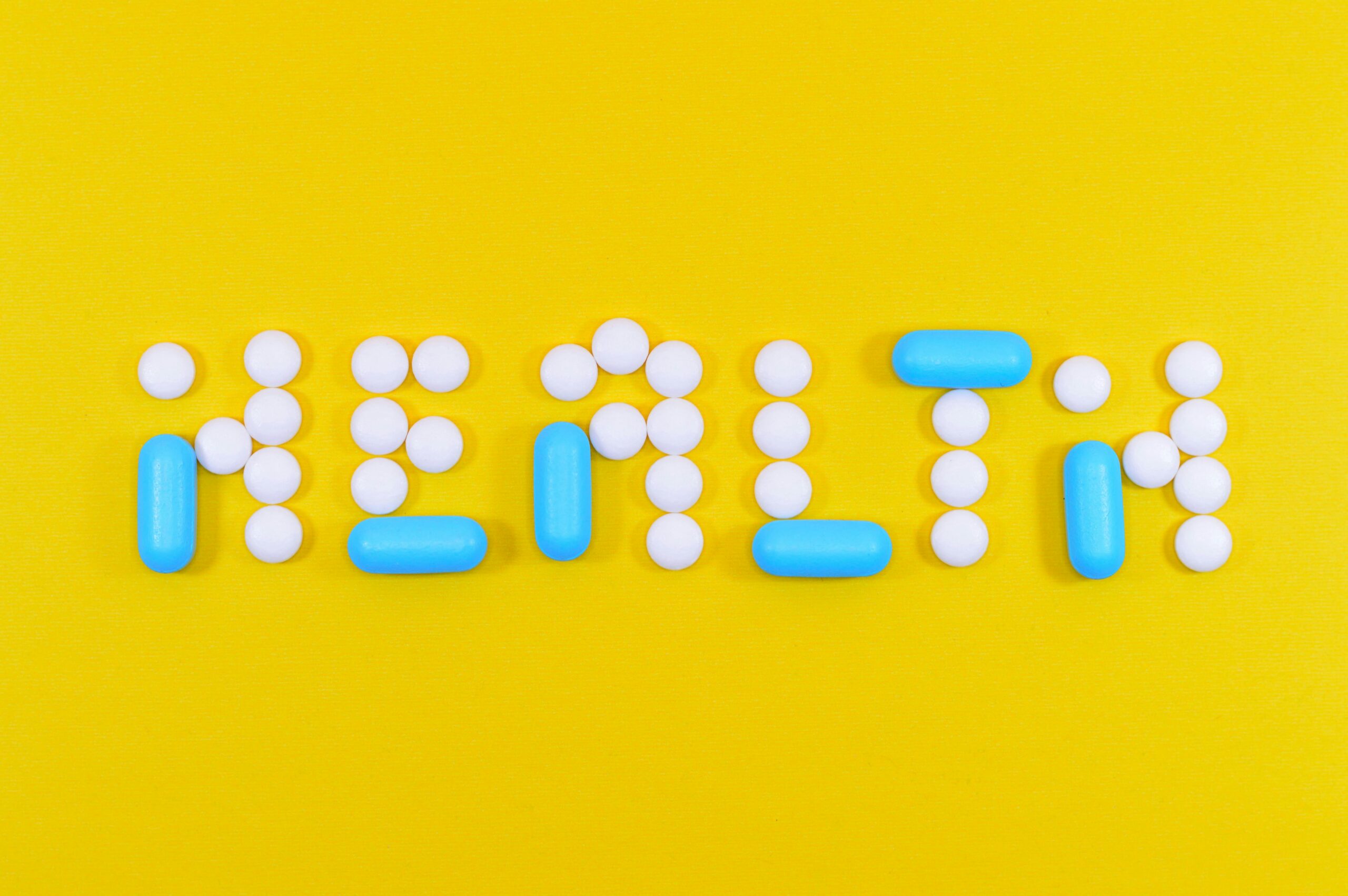Simone Biles, Naomi Osaka, and Michael Phelps have made history in sports, not just with their performances but with their openness about mental health. Their courage has helped to ensure that mental health issues are no longer taboo. In this article, we’ll look at four athletes who have faced their own mental health challenges and are now committed to raising awareness and breaking the stigma around this important issue.
Simone Biles: Prioritizing Mental Health Over Medals
Simone Biles is widely regarded as the best gymnast in history. However, at the Tokyo Olympic Games, she highlighted the toll that immense pressure and stress can take. Biles unexpectedly withdrew from five of her six targeted competitions, citing anxiety and an unexpected death in her family as reasons. “I say mental health comes first. That’s why sometimes it’s okay to even skip the big competitions to focus on yourself. It shows how strong you really are as a competitor and a person instead of just fighting through it,” she stated in a press conference. Biles’ decision was a powerful statement about the importance of mental health, even at the highest levels of athletic competition.
Naomi Osaka: Breaking the Silence on Depression
Japanese tennis superstar Naomi Osaka has been open about her struggles with depression. She first revealed her mental health battles publicly after withdrawing from the 2021 French Open, where she declined to participate in press conferences, citing the detrimental impact of media scrutiny on her mental well-being. Osaka shared that she had been dealing with depression since winning the US Open in 2018. In 2022, after being heckled by a spectator at Indian Wells, Osaka sought help from a psychotherapist, which she found immensely beneficial. “She taught me strategies for such incidents, and I realize how helpful they are. I’m glad that the people around me advised me to take this step,” Osaka reflected. Her openness has sparked important conversations about mental health in sports.
Noah Lyles: Advocating for Mental Health Treatment
Noah Lyles, one of the world’s top sprinters, has been a vocal advocate for mental health awareness. In 2020, Lyles tweeted about his decision to start treatment with antidepressants, calling it one of the best decisions he’d made. “Since then, I’ve been able to think without the dark undertone in my head that it’s all meaningless anyway,” he explained. Diagnosed with depression during the pandemic, Lyles spoke about feeling powerless amidst global and social turmoil. To support others, Lyles and his brother founded the Lyles Brothers Sports Foundation, which provides financial assistance and advice on mental health issues, stress management, and anti-bullying. His advocacy is helping to break down the stigma associated with mental health treatment.
Per Mertesacker: Confronting the Pressure to Perform
German soccer star Per Mertesacker has also been candid about his mental health struggles. The World Cup winner revealed that the pressure to perform often left him feeling physically ill before games. “At some point, you realize that everything is a burden, physically and mentally. That it’s no longer about having fun, but that you have to deliver, no ifs, ands, or buts,” Mertesacker told ‘Der Spiegel’ in 2018. He admitted that injuries, while challenging, sometimes felt like a relief because they offered a break from the relentless pressure. Mertesacker’s honesty about the psychological demands of professional sports has shed light on the often overlooked mental health challenges faced by athletes.
Leading the Charge for Mental Health Awareness
These athletes have not only excelled in their respective sports but have also bravely shared their personal battles with mental health, helping to destigmatize the conversation around mental well-being. Their stories underscore the importance of prioritizing mental health and provide valuable insights into the pressures faced by elite athletes. By speaking out, Simone Biles, Naomi Osaka, Noah Lyles, and Per Mertesacker are paving the way for future generations to approach mental health with the seriousness and compassion it deserves.
For more information and resources on mental health in sports, check out Athletes Untapped.




